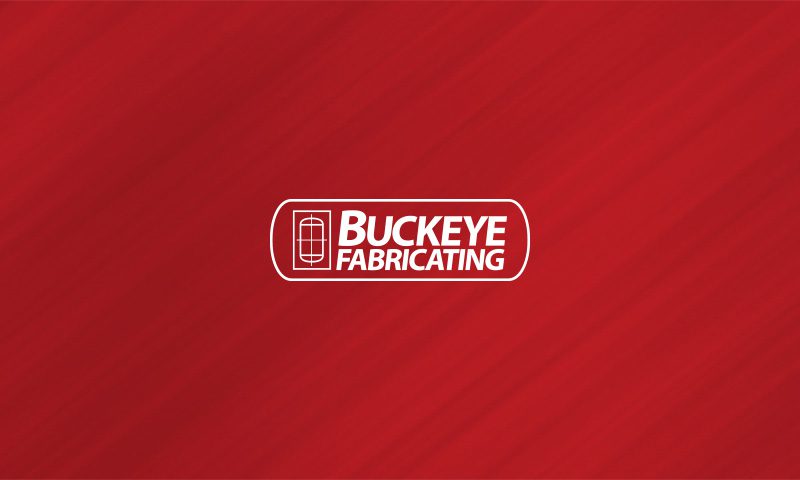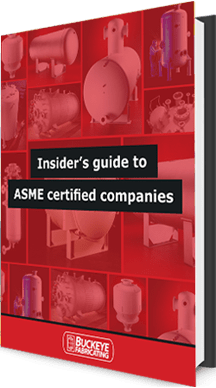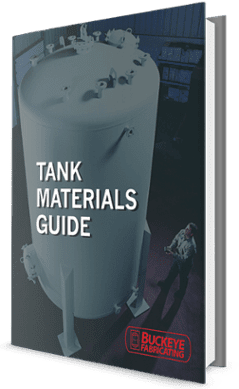In most modern industries, pressure vessels play a critical role in supplying the necessary materials that a modern society requires. Being such a critical and complex component does incur an element of risk, therefore, it is incumbent on many companies to adhere to safe practices and standards to ensure safe fabrication and operation. Among the standards for industrial processes concerning pressure vessels are the Code and Standards as outlined by the American Society of Mechanical Engineering. Founded in 1880 in direct response to the need of better pressure vessel standards, the ASME Codes has been used around the world in over 100 countries.
ASME Standards cover over 600 topics ranging from construction and design process to nuclear power plant engineering. It all started with the first release in 1914 with the presentation of the Boiler and Pressure Vessel Code and Standards. This release was prompted by several high profile and extremely catastrophic boiler and pressure vessel accidents that resulted in serious damage and significant loss of both lives and property. Since the original release, the BPVC has been adopted by over 100 nations including all members of the European Union, as well as North America. It has been codified into law in Mexico, Canada, the United States, the United Kingdom, Germany, France and others. It has also played a vital role in developing world wide standards based under the guise of the WTO or World Trade Organization.
The other American Society of Mechanical Engineering codes and standards have also been partially or completely adopted by thousands of companies spanning the globe. This includes companies that are in receipt of full ASME certification. A certification that designated the company as one that complies with the codes and standards of the ASME.
Given the critical and certainly vital nature of industrial processes and the role they play in modern society, it is easy to see why the standardization of codes have become critical to the safe operation of this industrial process. From construction to performance testing, ASME codes and therefore ASME certified companies ensure that both quality operation and quality assurance is guaranteed to comply with the necessary protocols for efficient and safe delivery of products.



 ASME Informational
ASME Informational Tank Materials
Tank Materials